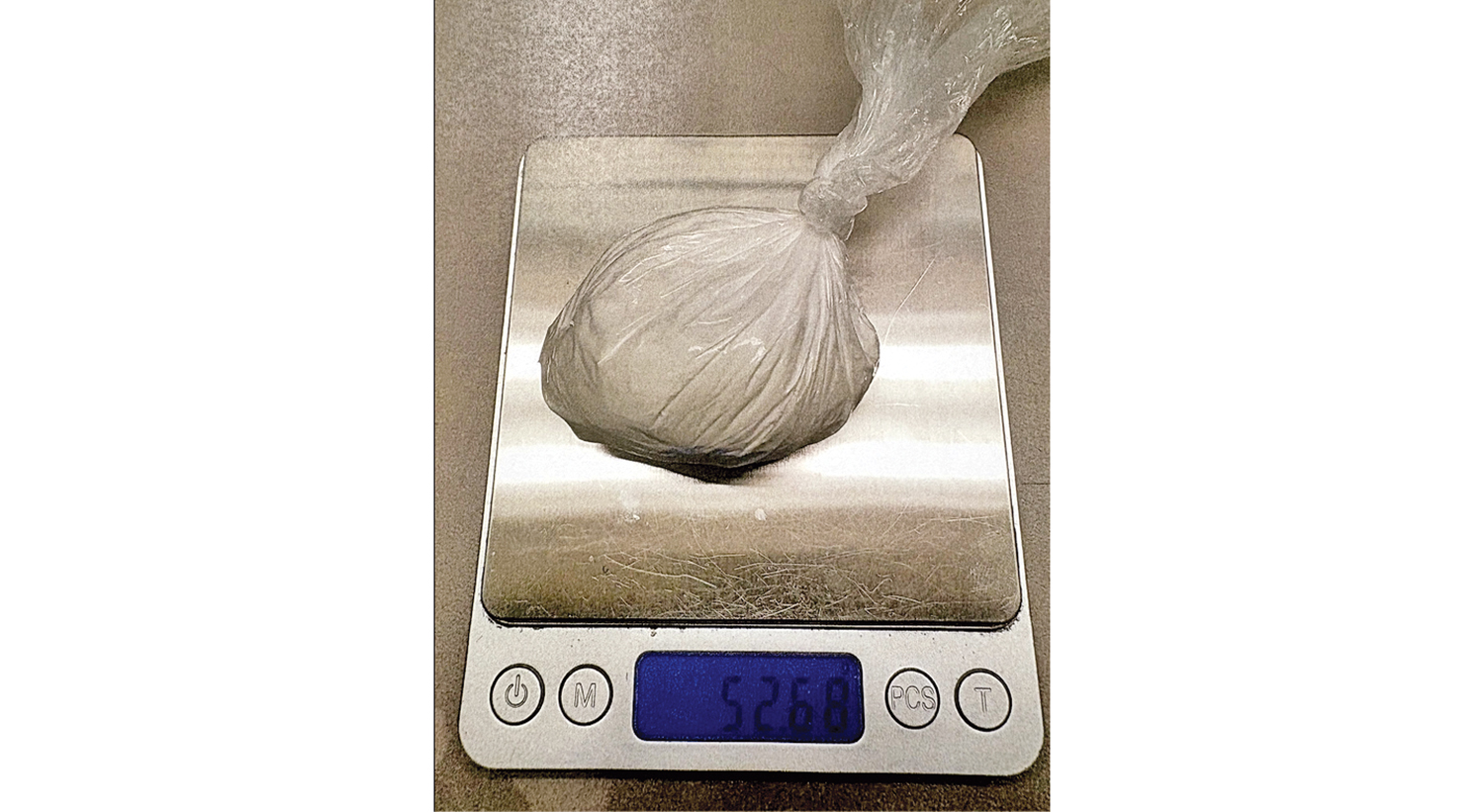Electoral college: How it works
Published 12:00 am Friday, December 1, 2000
Q: What are the qualifications for an Electoral College representative?<!—->.
Friday, December 01, 2000
Q: What are the qualifications for an Electoral College representative?
A: Once again, the constitution left much of this up to the states. In fact, the constitution contains very few provisions for qualifications. The elector cannot be a U.S. Senator or Representative, the person cannot have participated in a rebellion or insurrection against the U.S. or the person cannot have given aid or comfort to an enemy of the State. The rest is up to the states and the political parties that select them.
Q: How does the schedule for this Electoral College work?
A: We vote for the president every four years (even years) in November. In December, the electors meet to elect the President and the Vice President of the United States. The electors record their votes on special certificates that are then sealed and sent to the President of the Senate, the Archivist of the United States and several other designated Federal and State officials. In January, the Congress meets in joint session to open up and count the electoral votes. The official announcement is then made as to who has been elected President of the United States of America.
Q: With the Electoral College system, does my vote really count?
A: Yes, most definitely! Here’s how: Your vote literally helps decide which candidate gets ALL of your state’s electoral votes. If you stay home, the candidate you oppose could get all the votes simply because you decided not to participate. This republican (form of government, not the party!) style of representation only works when the public participates and sends the representatives to do their bidding. Your vote counts in that you help decide which candidate gets all of your State’s electoral votes.
Q: Can these ‘electors’ change their vote and disregard our wishes?
A: Truthfully, yes they can. There is no Constitutional provision or Federal law that requires electors to be "faithful" to his or her state’s vote and cast his or her vote for the candidate that won the popular vote in his or her state. Some states, however, do require that they stay "faithful" to the popular vote in their state. In reality, however, if state law does not bind the elector (24 states have this law along with the District of Columbia) then they are surely bound by political party loyalty. The electors are generally not going to betray their own political party’s pick. If they would do that, they would be committing political suicide. Historical, less than 1 percent of all electors have ever cast a "faithless" vote in any presidential election. In other words, it’s very rare!





